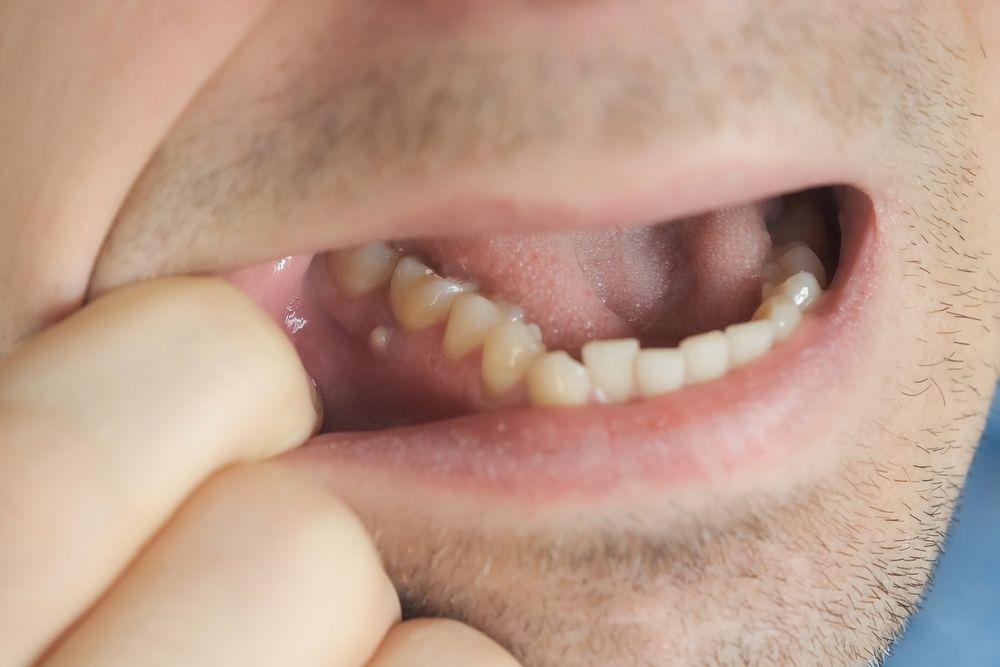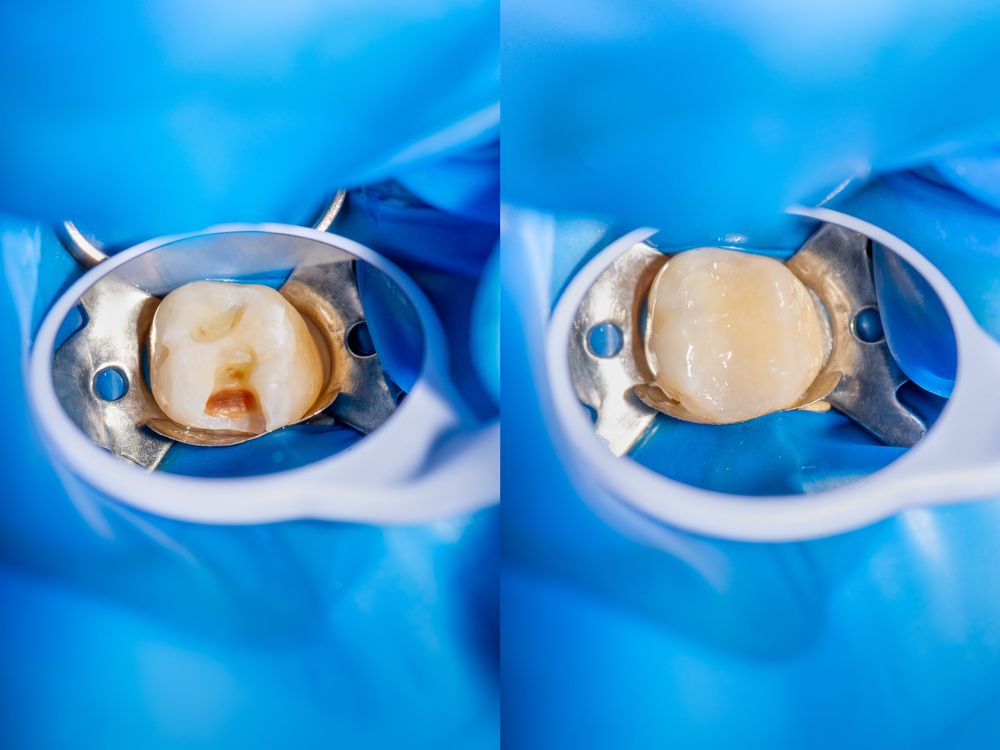Our genetics can have a profound impact on many aspects of our health. Among the areas, it can affect is our dental health. Studies have revealed that a family history of oral health concerns can impact how our teeth develop. The size, shape, and alignment of our teeth, along with a tendency to bone-related issues, can all be influenced by genetics. More surprisingly, even our enamel’s ability to resist bacteria and acid is affected.
How Family History Impacts Our Oral Health
If you’ve ever wondered why a family medical history is important to your dental care, the answer is genetics. You may have realized that members of the same family have shared oral health concerns. You may have even heard that a condition “runs in the family.” These statements are more than just rhetorical. Common oral health concerns that run in families are:
- Overcrowding and misalignment of teeth
- Developmental concerns involving jaw shape and size
- Improper bite
- Temporomandibular Joint Disorder (TMD) concerns.
One aspect of your oral health that remains firmly in your control is your oral hygiene. Special steps may be needed due to congenital (inherited) aspects of your oral health. Regardless, brushing twice a day, flossing, and using mouthwash can help limit complications. It pays to learn how to properly perform oral hygiene on teeth that are misaligned or overcrowded to ensure you eliminate bacteria. It helps to understand the full scope of your oral health history. You can start by learning if your family has a tendency towards:
- Periodontal Disease (Gum Disease) – This condition can be present in families, even those with otherwise normal teeth. Studies have revealed that almost a third of all Americans have a familial tendency towards developing gum disease. Symptoms include gums that become sensitive, inflamed and bleed during normal oral hygiene practices. Diagnosing and treating this condition is most easily accomplished early in its development. Inform your dentist if this is a condition that runs in your family.
- Tooth Decay – The majority of tooth decay results from poor dental hygiene habits. However, some families may have issues with enamel and its ability to defend against bacteria or acids.
- Weak Teeth – While poor dietary choices and a lack of good nutrition can impact the strength of your teeth; genetics plays a role as well. If your dentist is alerted that you have issues with weak teeth, they may suggest fluoride treatments and sealants to help strengthen and protect your teeth.
- Misaligned Teeth – The way our teeth come in can be strongly affected by our genetic history. More importantly, knowing about this tendency ahead of time can help plan for it. Your dentist will know to look more closely and determine if early orthodontic care will help issues before they become more costly.
These three issues are known to be influenced by congenital factors. By knowing about your family’s tendency towards these concerns, your dentist will be able to better plan your care.
Family History For Oral health
Sharing facts about your family history of dental health concerns with your children is an important part of helping them prepare for the future. Be certain to gather this information and share it with your family.






